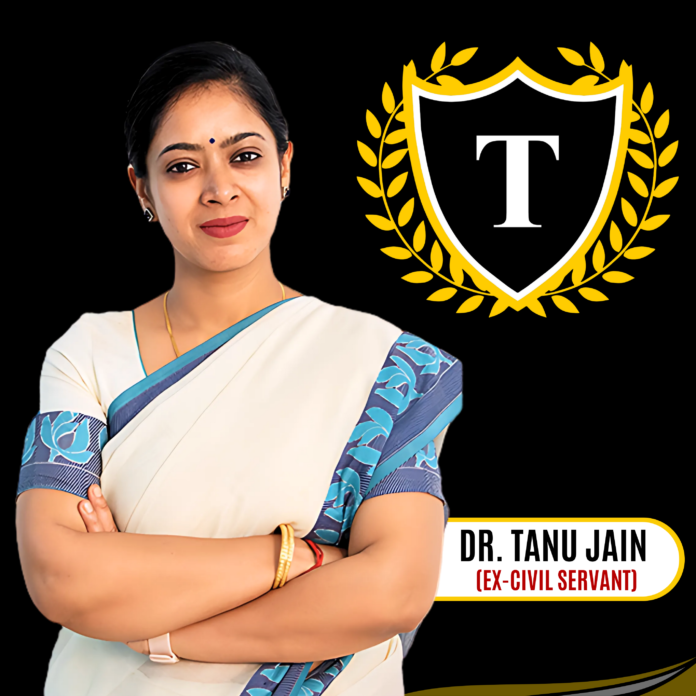The UPSC optional subject list exam allows students to demonstrate their passion and expertise in certain fields. Selecting an optional subject can be decisive in terms of passing this examination.
Popular subjects like History, Geography, PSIR, Economics, Anthropology and Public Administration provide great potential scoring potential with their straightforward syllabi that overlap with General Studies papers to make preparation simpler.
Geography
Geography is one of the most sought-after optional subjects for the Civil Services Examination and holds great scoring potential. It examines Earth’s physical features and their interaction with human environments – connecting social science with natural sciences.
Selecting an optional subject that complements your academic strengths and background is sure to increase your confidence and overall performance during an exam. In addition, selecting one with competitive edge could lead to higher scores in mains and interview stages bringing closer your goal career as a civil servant.
Aspiring Geography students must familiarize themselves thoroughly with both Paper 1 (Principles of Geography) and Paper 2 (Geography of India). Furthermore, they should ensure they have enough resources such as books, notes, test series and mentor to succeed at Geography exams. Candidates should practice answering Map-based questions to increase marks during examinations. Previous year question papers can provide insight into examination trends while providing important topics of study; Regular practice of PYQs also allows Aspirants to gauge their preparation level as well as identify areas for improvement.
Sociology
Sociology is an academic field which studies social structures and interactions. This field offers insight into factors which impact human society, such as cultural differences, global issues, governance mechanisms and governance mechanisms. Although its extensive syllabus can be daunting for newcomers to sociology, effective preparation can improve scores and ranks on exams like Civil Services Examination.
When selecting an optional subject for the UPSC exam, it’s essential that it fits within both your educational background and genuine interests. You should also carefully consider availability of quality study materials/resources as well as scoring potential and difficulty level when making your choice.
History, Geography, Public Administration, Anthropology and Sociology tend to have higher success rates and be easier for exam takers. Other subjects like Law and Engineering require more time, but can still be managed when broken into smaller components. Selecting an optional subject that truly interests you can make or break your chances of passing the exam; make sure it fits with you so you’ll dedicate enough effort and dedication into studying it regularly.
Economics
Aspirants taking the UPSC exam must carefully select optional subjects that resonate with their academic background, interests and innate strengths to maximize studying with greater intensity while remaining motivated throughout preparation phase.
Candidates should assess whether there are adequate study materials and guidance available on their chosen subject. They should also consider scoring potential, which varies among subjects; selecting one which covers topics covered in General Studies syllabus would be ideal.
Economics is a multifaceted subject that covers global economic systems, money, trade and jobs. Economics provides great scoring potential and is ideal for students interested in social issues or development issues as well as those interested in the business world and wanting an executive role. Popular optional subjects also include anthropology (the study of human societies and cultures), sociology history or political science which may prove more challenging but may offer substantial score increases.
Law
Picking an optional subject that matches both your interests and academic strengths can be transformative for the mains exam. Selecting one that enhances performance while shortening preparation time.
Selecting the appropriate subject requires careful thought. Consider factors like its syllabus, overlap with General Studies courses and popularity as well as availability of study materials and coaching. Analyse scoring trends to gauge its competitiveness.
Does your subject make you happy, engaging your interest, motivating you during long study sessions and being easy to grasp? If not, consider another subject. Ensure you can access quality study material and practice questions. Flashcards or mind maps may help improve memory retention as spaced repetition has proven its worth in memory retention studies. Adding current affairs is another effective method to reinforce understanding while practicing answer writing is important too – SuperKalam provides 1-Minute Mains Answer Evaluation as well as Model Answers which you can take regularly as mock tests in order to evaluate preparation levels – take regular mock tests from SuperKalam for accurate assessment.
Management
The Civil Services Exam (CSE) is India’s most prestigious and challenging exam. Top performers often go on to serve in elite roles like IAS, IFS, or IPS after being chosen to sit the CSE Mains examination. Your choice of optional subject can make or break your chances of top-ranking.
Select a subject that relates directly to your background, interests and academic strengths. Doing so will boost your confidence during preparation while helping you conquer even the toughest questions effortlessly.
Selecting an ideal subject requires thoughtful deliberation. Start by familiarising yourself with its syllabus and considering your interests, academic strengths, and availability of study materials. Also helpful is looking at scoring potential by reviewing trends from past years – subjects like history, geography, public administration sociology political science international relations have proven popular choices with toppers while psychology also offers insight into human behavior and mental processes.









